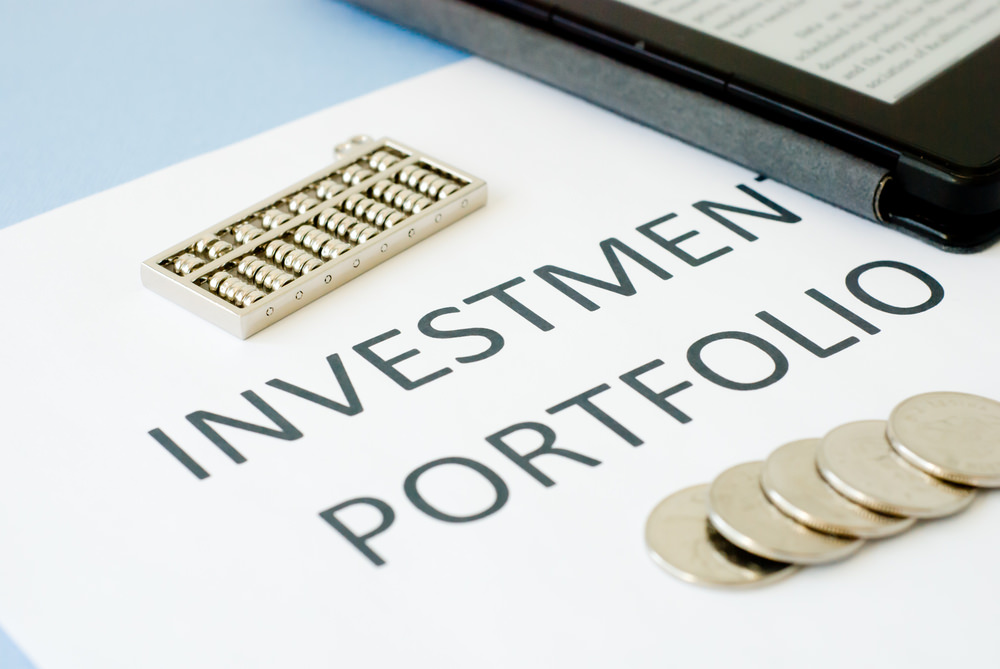The article “Set Up Your Portfolio for Success in 2016” was originally published on MoneySense on December 22, 2015.
How to prepare for the year ahead after one of the worst market showings in recent memory
Q: With the minus performance of the stock market, what is your recommendation as we go into 2016 regarding the breakdown of one’s retirement plans? i.e. 50% equities and 50% other?
—Gerry P.
A: Stock markets have had a rough year. The Toronto Stock Exchange is down 11% year-to-date. The S&P 500 is down 3%. And the MSCI EAFE (Europe, Asia, Far East) index is down 5%.
The only saving grace for international investors has been currency. If you were unhedged, the S&P 500 is actually up 17% in Canadian dollar terms and EAFE is up 14%. So foreign investors were saved by the plunging Canadian dollar.
I think that your concern is a common one, Gerry. Markets have been faltering after a good run in recent years. Falling markets can be a little disconcerting. It’s natural. Likewise, rising markets can make investors confident. The problem is that it’s this kind of sell low, buy high discipline that can be a bad way to manage your investments.
Christoph Merkle of the University of Mannheim performed a study and found that people were more than twice as sensitive to expected investment losses as they were to expected investment gains (a loss aversion coefficient of 2.2). However, when evaluating actual, experienced returns–not anticipated ones–the loss aversion coefficient drops to about 1.2. This means that investors are not that much more sensitive to losses than to gains when looking back in retrospect. The fear of the future, however, is twice as strong.
While I would like to look into my crystal ball and tell you what to expect in 2016, the fact of the matter is that it’s not practical. If stock markets were going to fall in 2016, investors should, in theory, be selling stocks already. Stock markets are forward looking and generally take into account all currently available information. While there are anomalies, it’s very difficult to make that kind of a call and definitely difficult to do it consistently.
Expect lower returns, bigger stock market swings in 2016 »
On that basis, proper asset allocation, diversification and representation of your personal risk tolerance at all times is probably better than trying to make a call for the next year.
Investors have become so used to experts answering the question of what the future holds that they continue to ask it, Gerry. It makes for a good quote in an interview or a newspaper headline. Annual stock market returns are positive about twice as often as they are negative, so the best answer is probably that stocks will be up.
In your case, Gerry, I think that you need to start with what your required rate of return is in order to achieve your retirement goals. Knowing this number can be very powerful. It comes with building a retirement plan. From there, a thorough risk tolerance assessment can arrive at a target asset allocation. Can this allocation provide the returns required to achieve your retirement goals? Hopefully it can, otherwise, something has to give.
From there, the key is discipline. Frequent rebalancing back to your asset allocation targets will force you to buy low and sell high, rather than a stab in the dark on what 2016 might hold from a mere mortal like me. If you were consistently rebalancing your portfolio, Gerry, that would probably mean that you should be buying stocks right now to increase your allocation after a bad year and get back to your target stock exposure.
Jason Heath is a fee-only, advice-only Certified Financial Planner (CFP) at Objective Financial Partners Inc. in Toronto, Ontario. He does not sell any financial products whatsoever.

